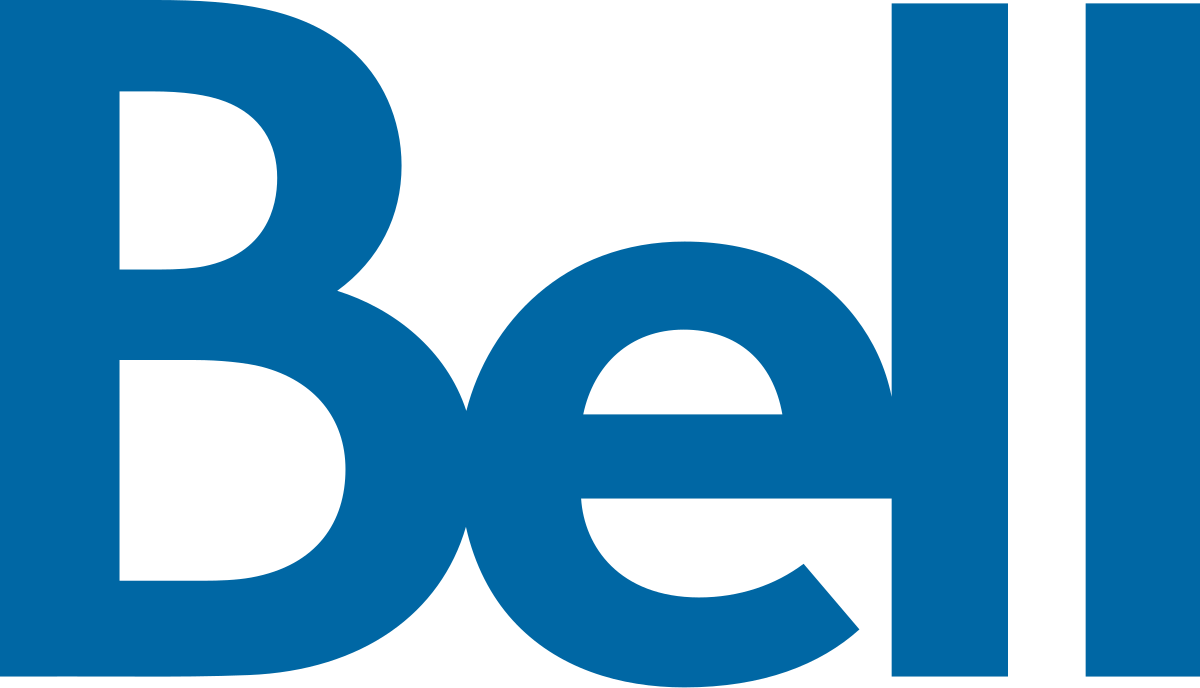Originally posted by kgonzales
View Post
Announcement
Collapse
No announcement yet.
National Canadian Broadband Plan
Collapse
X
-
Easy to say if you don't live in a rural area and don't have to maintain a business on crappy Internet (or worse, dial-up).Originally posted by kgonzales View PostNo, if you live in a remote area or any area, you do not deserve anything as much as anyone else. No one deserves anything.
As for resource allocation, why do you assume that the government would actually spend enough on towers to make the signal better for everyone? Government does a generally terrible job of properly allocating scarce resources without punishing everyone equally.
Comment
-
I have my doubts about that. Obviously they'd be in a position to provide services, but would they be able to compete effectively against newcomers in the new market?Originally posted by darkphoenix22 View PostWe don't need to buy the entire company, just the cables. And if anything, the stock will go up after recieving the payment from the government and no longer needing to invest in infrastructure, the highest cost for these businesses.
Comment
-
Yeah, but there's a pretty big gap between "won't completely tank" and "stock will go up". Does their residential telecom/Internet stuff currently lose money, or is it expected to lose money in the near future?
Anyway, I do hope somebody can make a customer-owned (whether that mean publicly owned, cooperative, or some other arrangement) broadband network actually work. I'm in the US, so I don't have a direct stake in this specific fight, but I'm dreading the residential broadband future that's on the horizon for us, which can be summed up with only moderate exaggeration as "Comcast owns the Internet". I wouldn't wish that on any country.
Comment
-
Nah. They make globs of money due to the inflated service charges. For example with cell phones, we pay for every feature in Canada, including all incoming calls, texting both ways, caller ID and voicemail. Even with the smartphone "combos".Originally posted by Ex-Cyber View PostYeah, but there's a pretty big gap between "won't completely tank" and "stock will go up". Does their residential telecom/Internet stuff currently lose money, or is it expected to lose money in the near future?
 Bell is Canada's largest telecommunications company, providing Mobile phone, TV, high speed and wireless Internet, and residential Home phone services.
Bell is Canada's largest telecommunications company, providing Mobile phone, TV, high speed and wireless Internet, and residential Home phone services.
We essentially already have that in Canada. The Minister of Industry recently said at a committee that they don't to regulate retail broadband because wholesale competition from companies leasing from Bell is enough.Anyway, I do hope somebody can make a customer-owned (whether that mean publicly owned, cooperative, or some other arrangement) broadband network actually work. I'm in the US, so I don't have a direct stake in this specific fight, but I'm dreading the residential broadband future that's on the horizon for us, which can be summed up with only moderate exaggeration as "Comcast owns the Internet". I wouldn't wish that on any country.
Ya, Bell throttles all of those lines from 4:30 pm and 1:30 am regardless of the reseller and they wanted to lower the caps provided by the resellers from unlimited to 25 GB. Without lowering prices.
Comment
-
Broadband nationalization is a desire of the creative class, a demographic all the major political parties have ignored.
We're a bit indifferent at this point about health care, unions, and pensions, as long as they aren't being abolished. We want the freedom to communicate, unhindered by corporations. We also want the ability to create, modify, and customize our own tools (open source). We want the unconditional ability to express ourselves and see the expressions of others.
In short, we believe we need freedom of communciation in order to truly have freedom of information.
Comment
-
Not the most flattering pic, but you can't win them all.Deputy Opposition Leader Ralph Goodale, right, reads a four-page proposal on Five Steps to A Better Internet from Trent University Computer Science student Ryan Oram on Friday, Mar. 4, 2011, at Trent. Goodale spoke to business administration and political science students about the values of education. CLIFFORD SKARSTEDT/Peterborough Examiner/QMI
Comment
-
Inexpensive pricing of gigabit broadband is practical in American cities, too. ?This is an eminently replicable model,? says Benoit Felten, a co-founder of Diffraction Analysis, a consulting business based in Paris. ?But not by someone who already owns a network ? unless they?re willing to scrap the network.?
In the United States, costs would come down if several companies shared the financial burden of putting fiber into the ground and then competed on the basis of services built on top of the shared assets. That would bring multiple competitors into the picture, pushing down prices. But it would also require regulatory changes that the Federal Communications Commission has yet to show an appetite for.
Dane Jasper, the chief executive of Sonic.net, an Internet provider based in Santa Rosa, Calif., says that most broadband markets in the United States today are dominated by one phone company and one cable company.
?Why doesn?t Verizon offer gigabit service?? Mr. Jasper asks. ?Because it doesn?t have to.?
Comment



Comment